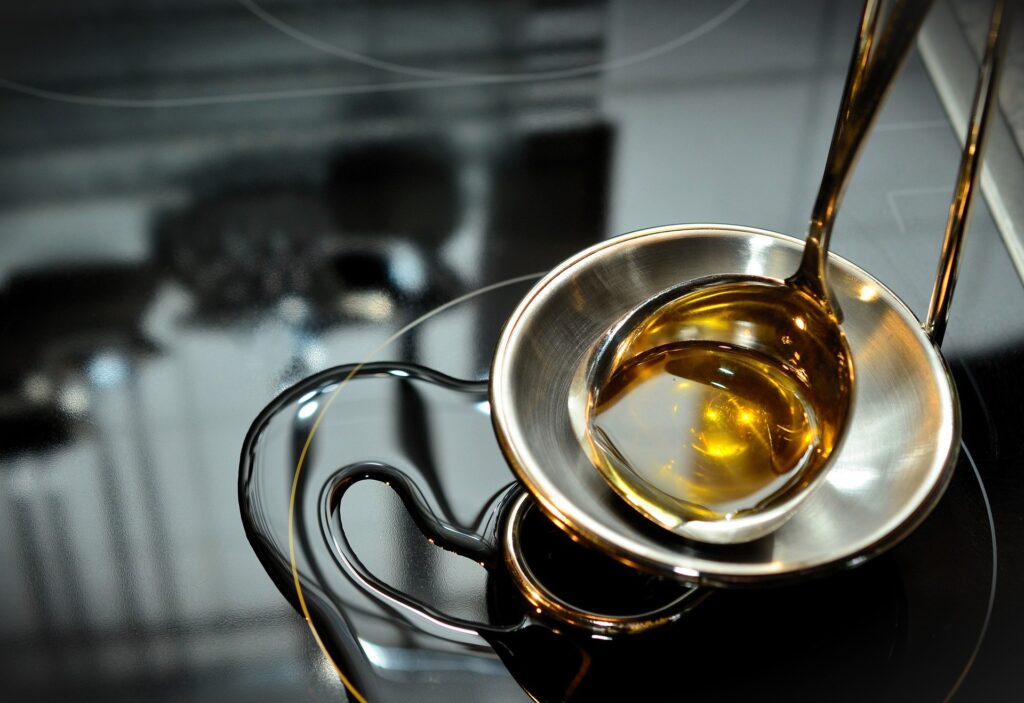About Us
Welcome to AKS International LLC
AKS International LLC is a prominent global trading company based at Global trade hub Dubai, specializing in the import and export of pharmaceutical and healthcare products. With an extensive network of trusted partners, suppliers, and clients, AKS International serves as a reliable intermediary, facilitating seamless transactions and connecting manufacturers with distributors worldwide. The company’s unwavering dedication to quality, compliance, and customer satisfaction has firmly established AKS International as a trusted and reputed player in the international trade industry. AKS is promoted by International Trade professionals with rich experience of more than two decades having footprint in all the growing economies.
Who Are We
Company Vision
Company Mission
AKS International’s mission is to enhance worldwide access to high-quality pharmaceutical and healthcare products by forging strong connections between manufacturers and reliable distributors across various markets. Leveraging its deep industry knowledge and expertise, AKS International strives to create sustainable value for all stakeholders and great customer satisfaction.
About Us

Shalini Verma
Shalini has over 21 years of experience in commodity trading and policy making. She started her career as a journalist which allowed her to understand issues at the grassroots level. She leveraged that understanding of local issues, political influences, bureaucratic red tape and how they affect businesses to work her way into the commodities industry. With significant experience in trading pharmaceutical, agriculture and other commodities, Shalini has built expertise and relationships across multiple continents particularly in MENA and Sub Saharan Africa region. She is a graduate of Delhi University and holds degree in Mass communication and a Bachelor Degree in Law.
HISTORY OF PALM OIL
Palm oil (from the African palm oil, Elaeis guineensis) can be traced back to more than 5000 years ago. Palm oil was long recognized in West African countries. It is used widely among West African peoples as cooking oil. In the seventeenth century European merchants trading with West Africa occasionally purchased palm oil for use in Europe, but as the oil was bulky and cheap, and due to the much higher profits available from slave-trading, palm oil remained rare outside West Africa.
During the early nineteenth century, the decline of the Atlantic slave trade and Europe’s demand for legitimate commerce (trade in material goods rather than human lives) obliged African countries to seek new sources of trade revenue. In the Asante Confederacy, state-owned slaves built large plantations of palm oil trees, while in the neighbouring Kingdom of Dahomey, King Ghezo passed a law in 1856 forbidding his subjects from cutting down palm oil trees.
Palm oil became a highly sought-after commodity by British traders, the oil being used as industrial lubricant for the machines of Britain’s on-going Industrial Revolution, as well as forming the basis for various brands of soap such as Palmolive. By 1870, palm oil constituted the primary export of some West African countries such as Ghana and Nigeria. By the 1880s, cocoa had become more highly sought-after, leading to the decline of the palm oil industry and trade within these countries.
The palm oil, Elaeis guineensis is not native to Malaysia. Palm oil was first introduced to Malaysia (then Malaya) in 1870 as an ornamental plant. Its use as a crop was developed in 1917 when the first plantation was established. Then the palm oils plantation was mostly operated by English landowners. From the 1960’s major palm oil plantation scheme was introduced by the government mainly to eradicate poverty. Each settler was allocated 10 acres of land planted either with Palm oil or rubber, and they are given 20 years to pay off the land.
Malaysia is the largest exporter of palm oil in the world, producing about 15 million tonnes of palm oil a year. It now accounts for approximately 47% of global palm oil production and 54% of world exports. As one of the biggest producer and exporter of palm oil and palm oil products, Malaysia has been playing an important role to accomplish the needs and to stay competitive in the world’s oils and fats market. In 2004, Malaysia produced nearly 14 million tons of palm oil, from its mere 3.8 million hectares of plantation area. This has contributed to more than 1/3 of the agricultural GDP or 2.9% of the national GDP. The sector has become of the most crucial foreign exchange earners for Malaysia
